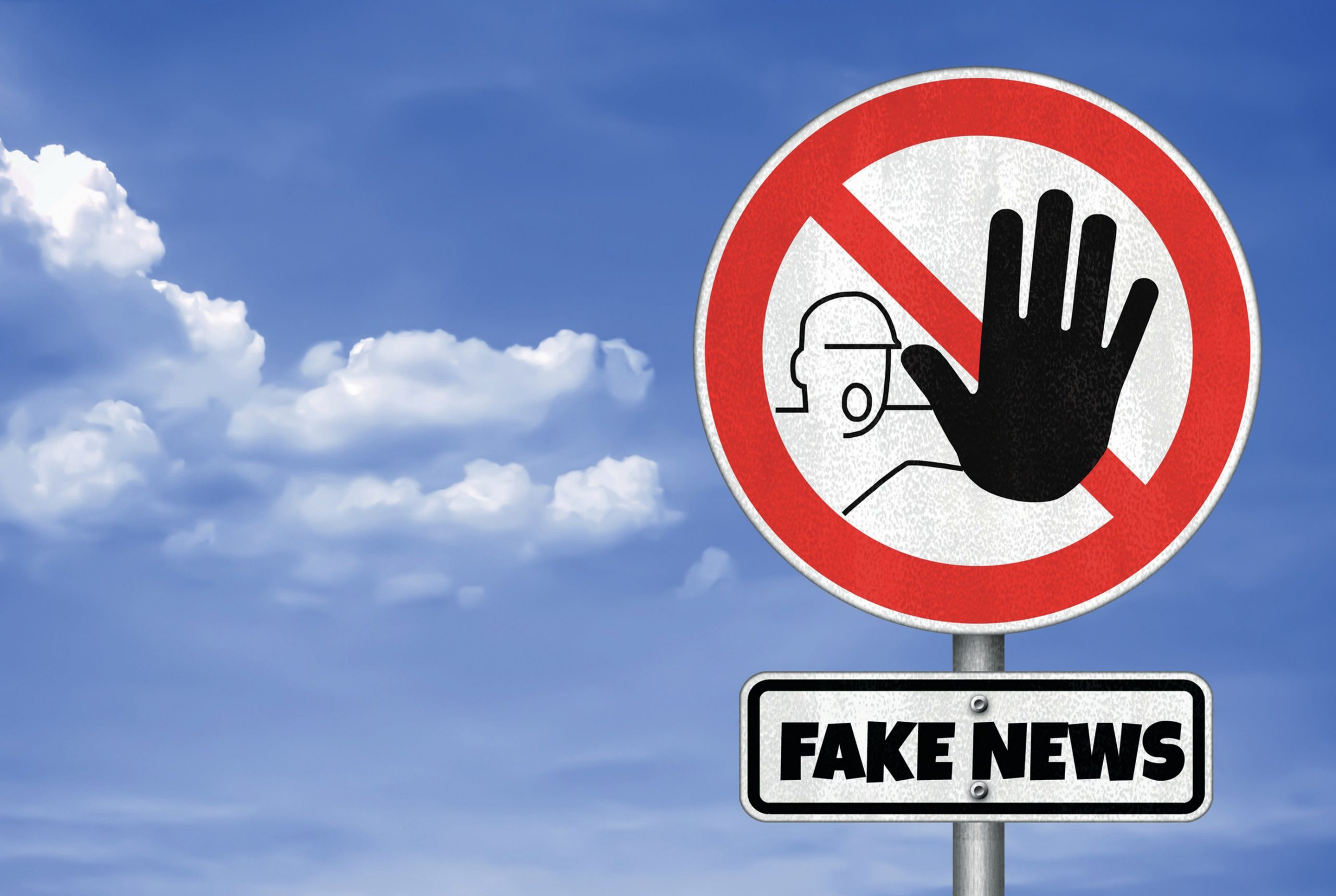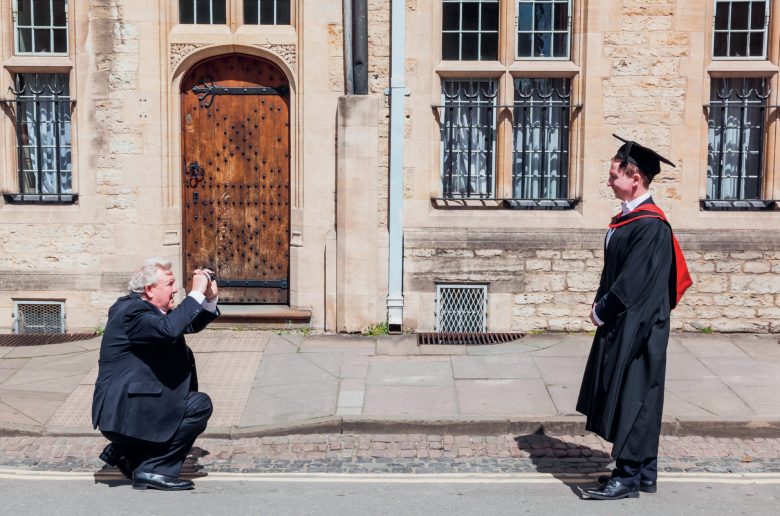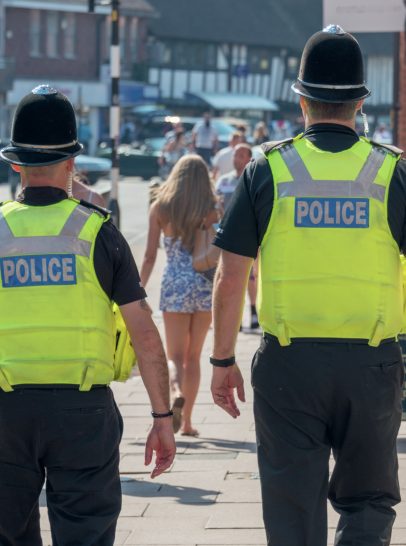
With billions of people signed up to and looking at Facebook, WhatsApp, Instagram, Twitter and several other such popular sites, there is little doubt that social and web-based media are a powerful cultural force. However, the unexpected (by many) election victory of Donald Trump raised the question of whether these could also be a political force, with the power to sway political opinions and even affect important electoral results.
Social media groups are seen by some to be destabilising and replacing the traditional ways of doing things, including politics. In an interview on the American programme 60 Minutes, Donald Trump acknowledged that social media played a determining role in the presidential race. Many people also believe this, and have focused on the role of so-called ‘fake news’: false stories and allegations, particularly on Facebook, that may have persuaded some people to develop, or have confirmed, negative views against some candidates, particularly Hillary Clinton. Facebook founder Mark Zuckerberg does not accept this view. He said: ‘Personally, I think the idea that fake news — of which it’s a small amount of content — influenced the election is a pretty crazy idea.’
Your organisation does not have access to this article.
Sign up today to give your students the edge they need to achieve their best grades with subject expertise
Subscribe




